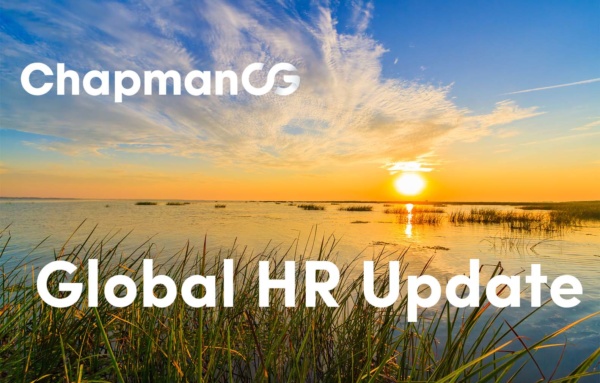Across almost all business sectors we are seeing an unprecedented demand for what only can be described as ‘talent due diligence’. Like never before, businesses are finding themselves under public, stakeholder, and regulatory scrutiny; and this has significant implications for filling senior roles. A worst case scenario appointment can have implications that go far beyond the need for an apologetic press release–a brand can be damaged, share prices can suffer, and legal action is now a likely end-result.
The internet is filled with stories of senior leaders who have, at best, falsified their resumes and misled their organisations about their past. The evidence for conducting background checks is abounding. As the appetite for corporate transparency increases, the need for background checks will only continue to grow.
For better or worse, the responsibility for conducting pre-hire background checks and investigations has fallen into the HR team’s mandate. However, if we are brutally honest, few of us have the necessary skills (or time) to do more than the basics. The minimum-standard of CV checks and calling referees is not enough, especially in the case of directorships, c-suite appointments, regional leadership roles, and even mid-level managerial positions.
Yet, from what I have seen so many organisations skip this vital step in the recruitment process.
I’m always surprised at just how many organisations fail to conduct even the most basic background checks. At the country, regional and global head levels in HR, it’s just good business sense. A CHRO, or any senior leader, should expect to have more than just their resume fact-checked–and if this isn’t done, then what does that say about the organisation they’re about to join?
Following the GFC, the financial services industry has been much more heavily regulated and has required certain key positions to undergo a full compliance and background audit, but now those same regulations have begun to creep into other industries–real estate and healthcare to name just two. And as talent becomes more globally mobile and companies more digital, organisations must get better at ensuring they are hiring exactly who they think they are.
As more industries are requiring that their senior leadership teams (and those in certain key positions) undergo a background check, here are a few facts and tips to help integrate the background search into your regular recruitment routine:
- Develop a background check matrix for your different roles. The degree to which you check on a potential hire will differ by their role and responsibility. (Think driving history vs criminal record vs credit rating.)
- Background searches are worth the wait. There’s no disputing that a background search takes time, but it’s not as lengthy as most think. There are a lot of factors that go into the different kind of searches, but the extra week it takes to confirm that a CHRO does have their Masters in Human Resources from their stated university is worth the time when you consider the damage caused if their resume is false and the truth comes out.
- In the end, it’s probably more efficient to outsource. While it is tempting to turn to check-a-cv.ru (results in seconds!), keep in mind the responsibility for the end-result will fall squarely on the shoulders of your HR team. Background search firms know the different state, province and country laws to make their searches efficient, legal and, most importantly, thorough. As the saying goes: no one ever got fired for hiring McKinsey or buying IBM. Find a good provider.
- Develop a discrepancy matrix. It’s understandable that the Global CEO, CFO or CHRO you’re about to hire got the start date wrong on their resume for their previous employer by a month. But it’s not okay if they claim to have an MBA (or MBC) from one university, when the facts are they never even applied for admission. Or they were the Regional Head at a company for which they never worked.
- Keep it professional by sticking to the process. At a certain level, deciding about which candidate is right for the job is less about their ability and more about a cultural and organisational fit. When you find the right person after months of interviewing, a background search might feel like an unnecessary step in the process, but it’s important to remember what’s at stake.
The statistics relating to lying on CVs are startling, with suggestions that 30-50% of CVs contain ‘errors’. And while this is deeply concerning, it is just the tip of the iceberg as to what can be uncovered relating to behaviours, attitudes, and judgement. With the advent of social networks, the deep web, industry and workplace chat rooms, and web domains and IP addresses, background checks should now go far beyond criminal records, referees, and tertiary qualification checks.
Like never before, the results might have an impact on everyone’s career.

For further information on background screening, visit RMI – Risk Management Intelligence.
 Andrea Merrigan
Andrea Merrigan Orelia Chan
Orelia Chan Stanislav Medvedev
Stanislav Medvedev Fleur Daniell
Fleur Daniell Finian Toh
Finian Toh Tim Rayner
Tim Rayner Nicola Hasling
Nicola Hasling Stefanie Cross-Wilson
Stefanie Cross-Wilson


